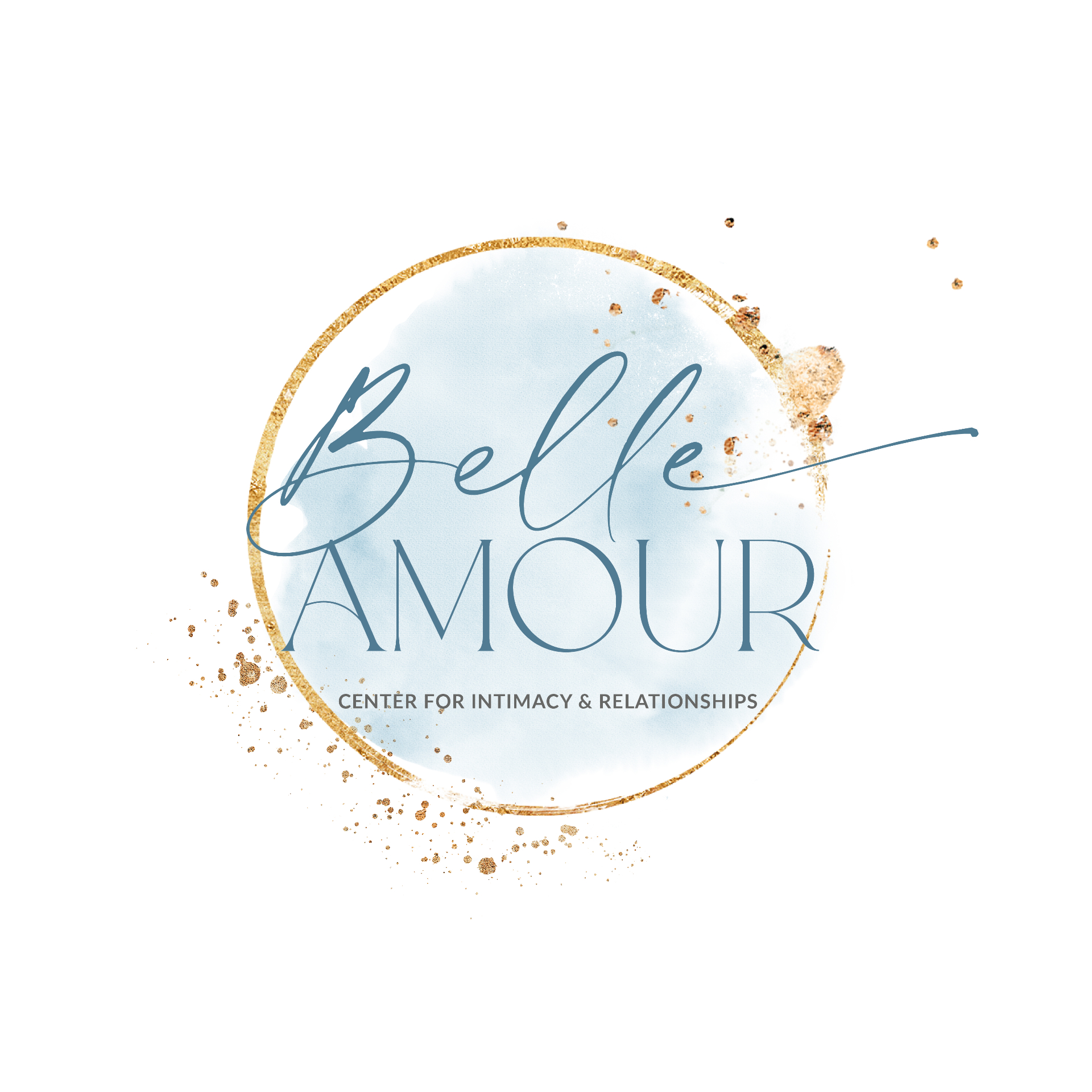Betrayal Trauma & Spring Weddings: Recognizing Triggers and Finding Peace

Spring, often considered the season of renewal, symbolizes new beginnings, growth, and fresh starts. It’s the perfect time for couples to tie the knot and celebrate their love. Yet, for individuals dealing with betrayal trauma, particularly trauma caused by infidelity or emotional betrayal, the thought of a wedding—whether their own or someone else’s—can stir up deeply painful emotions and intense triggers. This is especially true for those who have yet to heal fully from the wounds caused by betrayal. Each person’s journey to recovery is unique, and major events like weddings can sometimes act as emotional flashpoints.
Empower yourself by recognizing your emotional triggers and taking proactive steps to find peace while planning or attending a wedding. Here’s a more detailed exploration of how betrayal trauma can intersect with weddings and how you can manage your emotions during this challenging time.
What is Betrayal Trauma?
Betrayal trauma refers to the emotional, psychological, and sometimes physical harm caused when a person is betrayed by someone they trust, such as a partner or spouse. Common sources of betrayal include infidelity, emotional affairs, secrecy, or addiction-related behaviors that disrupt trust. This trauma affects a person’s sense of safety, emotional well-being, and ability to trust their partner and the world around them.
For someone dealing with betrayal trauma, the act of planning or attending a wedding can bring up a mix of complex emotions, many of which may be difficult to process in the moment.
How Weddings Trigger Emotions of Betrayal Trauma
Weddings symbolize a lifelong commitment, which, for those suffering from betrayal trauma, can stir up deep-seated fears about the future. Here are some ways in which weddings can trigger painful emotions:
- Fear of Repeated Betrayal: Weddings are about making promises for the future, but if you’ve experienced betrayal, you might fear that history will repeat itself. The idea of making a lifelong commitment to someone who has already broken trust can lead to anxiety, doubt, and a sense of vulnerability. If the betrayal was not yet fully addressed or healed, the thought of marriage can bring forth the possibility of future heartbreak.
- Increased Sensitivity to Commitment: The commitment involved in a wedding may bring up memories of your partner’s past betrayal. The pressure of making a promise to “love and cherish” for a lifetime might remind you of promises that were broken in the past, leaving you questioning whether true commitment is possible.
- Public Displays of Affection: Weddings are often filled with public displays of affection, such as vows, romantic dances, or intimate speeches. If you’ve experienced betrayal, witnessing such displays can be painful or triggering. You may feel a sense of loss or unfairness, especially if their betrayal has impacted the affection you shared with your partner.
- Social Dynamics and Comparisons: Attending a wedding can make you feel isolated or alone if you are healing from betrayal. Seeing other couples enjoying a celebration of their love might evoke feelings of sadness or resentment. You may compare your relationship to others, particularly if you struggle to rebuild trust and intimacy. For instance, seeing a couple’s first dance might remind you of the intimacy you’ve lost, or witnessing a couple’s public declaration of love might make you resent your partner’s betrayal.
- The Weight of Public Expectations: Weddings come with societal expectations of joy, love, and perfection. For those dealing with betrayal trauma, the pressure to “perform” happiness can feel overwhelming. It can be emotionally exhausting to be part of a wedding celebration while holding onto the unresolved pain from a previous betrayal.
Recognizing the Emotional Impact of Betrayal Trauma During Wedding Events
Recognizing the emotional impact betrayal trauma has on you can help you better manage your feelings during wedding events. Some common emotions and responses you might experience include:
- Anxiety: Feeling anxious or overwhelmed about your relationship or the wedding. You may find yourself hyper-focused on your partner’s behavior or wondering whether they can be trusted in the future.
- Fear of Loss: The fear that the emotional wounds from betrayal are not fully healed and that you might lose your partner or the life you thought you’d have. The thought of re-entering a commitment may cause feelings of dread.
- Sadness and Grief: Grieving the loss of trust, innocence, or idealized love. You may feel sadness over the difference between the relationship you hoped for and the one you now face due to betrayal.
- Anger and Resentment: These emotions may resurface when dealing with the reminders of betrayal. You may feel angry at your partner for causing harm or at yourself for trusting them in the first place.
- Shame and Self-Doubt: If the betrayal has affected your self-esteem, you may experience feelings of shame or insecurity. The idea of being vulnerable and open to love again can feel intimidating.
Steps to Finding Peace During Wedding-Related Triggers
While weddings and significant events tied to commitment can trigger painful emotions, it’s possible to find peace and healing by following a few key strategies:
- Identify and Acknowledge Your Triggers: The first step is to identify your triggers and permit yourself to experience the emotions that arise. Whether it’s the idea of commitment, witnessing a public display of affection, or even the event’s logistics, recognizing your emotional responses can help you process your feelings without judgment. This self-awareness empowers you to take control of your emotional journey.
- Express your needs openly. If you’re in a relationship and dealing with betrayal trauma, it’s crucial to communicate your needs to your partner. Discuss your emotional challenges and ask for their support in navigating these triggers. You may need reassurance, clear boundaries (such as not being left alone in social situations), or time for self-care during emotionally charged moments. You might also need your partner to understand if you need to leave a triggering situation or to be patient if you need time to process your emotions.
- Create Safe Boundaries: Boundaries are crucial to healing. Permit yourself to step back from situations or people that feel too overwhelming. If attending a wedding is too triggering, declining the invitation is okay. Your emotional well-being should always be your top priority.
- Practice Mindfulness and Grounding Techniques: When you’re feeling overwhelmed by the emotions triggered by a wedding or the concept of commitment, use grounding techniques to bring you back to the present moment. Deep breathing, mindfulness meditation, or using a fidget tool can help you stay calm and centered during moments of distress.
- Remember, your well-being is Paramount. Take time to relax, recharge, and nurture your emotional health. Self-care allows you to ground yourself and focus on your well-being, whether journaling, walking in nature, or spending time with supportive friends. You are important, and your emotional health should always be a priority.
- Consider Couples Therapy or Individual Counseling: If you’re navigating betrayal trauma within your relationship, therapy can be an invaluable resource. Couples therapy can help rebuild trust, establish healthy communication, and address the emotional scars left by betrayal. Individual therapy can provide space to process the trauma, understand the underlying emotions, and guide you through healing.
- Reframe the Narrative of Weddings: Instead of viewing weddings solely through the lens of your trauma, try to reframe the narrative. See the event as an opportunity to witness the love and joy of others without necessarily comparing it to your journey. Celebrate the love that is present, and allow yourself to experience healing at your own pace.
- Give Yourself Permission to Heal Gradually: Remember that healing from betrayal trauma is not a linear process. It’s okay to take things one step at a time. Each wedding, event, or commitment-related milestone is an opportunity to redefine your relationship with trust and love.
Embracing the Future with Cautious Hope
While betrayal trauma can make the idea of weddings and new beginnings seem daunting, healing is possible. By recognizing your triggers, taking proactive steps to protect your emotional health, and seeking support, you can move through this season with more peace, grace, and hope for the future. Spring may symbolize new beginnings, and for those navigating betrayal trauma, this could also represent a new chapter in your healing journey—one that allows for the possibility of trust, love, and peace once again.
© 2025 Dr. Emelina Belle. All Rights Reserved.

